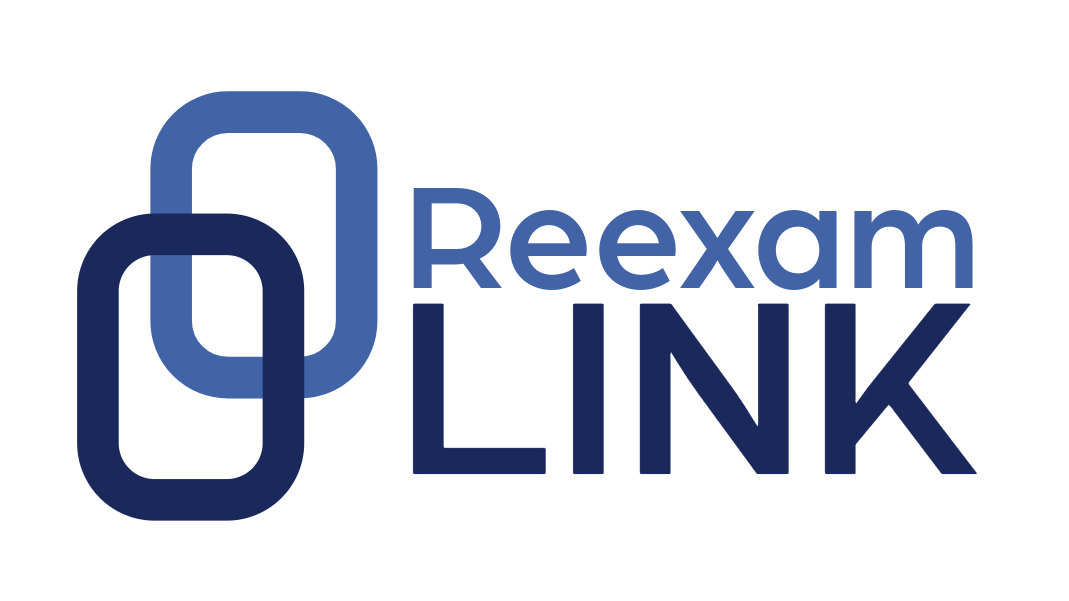The PTAB (“Board”) has already decided some motions for pro hac vice admission in various PTAB case proceedings. A recent decision in case IPR2012-00035 referenced an earlier decision on motion for pro hac vice admission in case IPR2013-00010. The relevant part of that decision entered October 15, 2012 (Paper 6) states the rules for pro hac vice admission:
Section 42.10(c) of the Code of Federal Regulations (C.F.R.) provides that:
The Board may recognize counsel pro hac vice during a proceeding upon a showing of good cause, subject to the condition that lead counsel be a registered practitioner and to any other conditions as the Board may impose. For example, where the lead counsel is a registered practitioner, a motion to appear pro hac vice by counsel who is not a registered practitioner may be granted upon showing that counsel is an experienced litigating attorney and has an established familiarity with the subject matter at issue in the proceeding.
The Board authorizes both parties to file motions for pro hac vice admission under 37 C.F.R. § 42.10(c) as follows:
1. Time for Filing
The time for filing pro hac vice motions is no sooner than twenty one (21) days after service of the petition, which is the time for filing patent owner mandatory notices. Parties seeking to oppose a motion for pro hac vice admission must file their opposition no later than one week after the filing of the underlying motion. No reply to any opposition shall be filed unless authorized by the Board.
2. Content of Motion
A motion for pro hac vice admission must:
a. Contain a statement of facts showing there is good cause for the Board to recognize counsel pro hac vice during the proceeding.
b. Be accompanied by an affidavit or declaration of the individual seeking to appear attesting to the following:
i. Membership in good standing of the Bar of at least one State or the District of Columbia;
ii. No suspensions or disbarments from practice before any court or administrative body;
iii. No application for admission to practice before any court or administrative body ever denied;
iv. No sanctions or contempt citations imposed by any court or administrative body;
v. The individual seeking to appear has read and will comply with the Office Patent Trial Practice Guide and the Board’s Rules of Practice for Trials set forth in part 42 of the C.F.R.;
vi. The individual will be subject to the USPTO Code of Professional Responsibility set forth in 37 C.F.R. §§ 10.20 et seq. and disciplinary jurisdiction under 37 C.F.R. § 11.19(a);
vii. All other proceedings before the Office for which the individual has applied to appear pro hac vice in the last three (3) years; and
viii. Familiarity with the subject matter at issue in the proceeding.
c. Where the affiant or declarant is unable to provide any of the information requested above in part 2(b) or make any of the required statements or representations under oath, the individual should provide a full explanation of the circumstances as part of the affidavit or declaration.

Leave a Reply